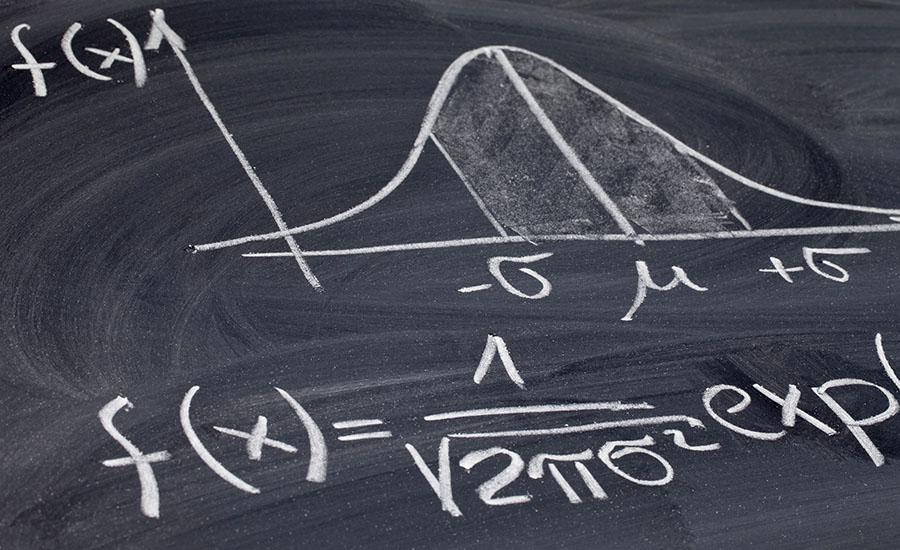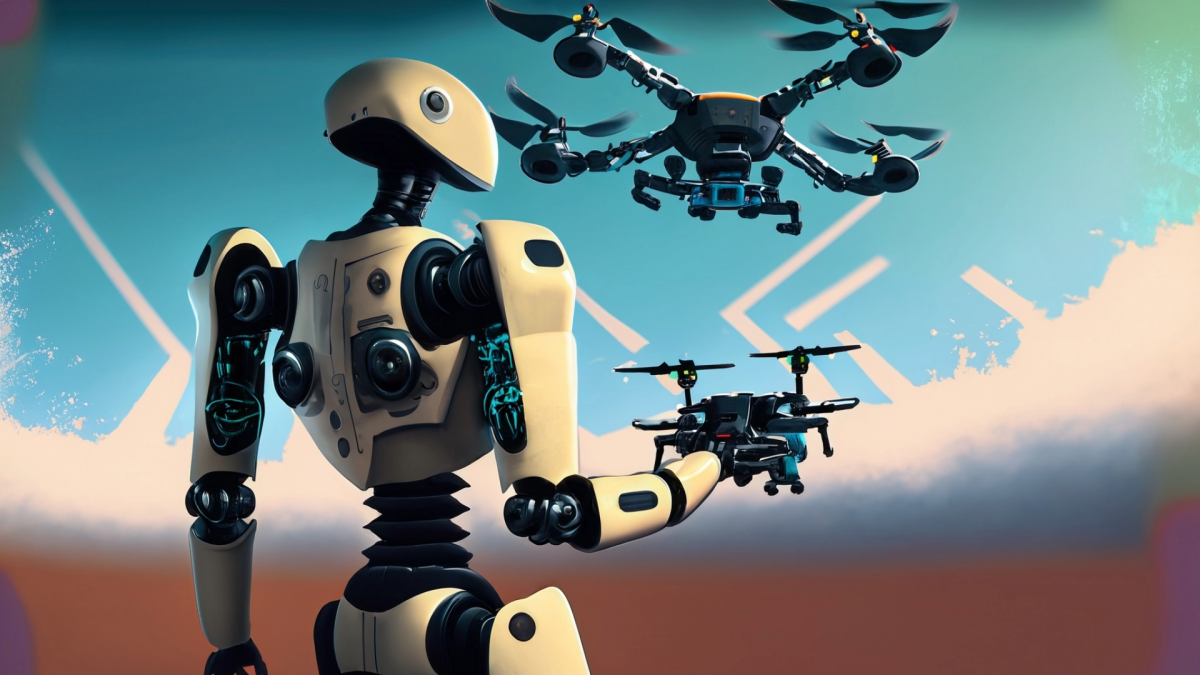
Roller Coaster- Conservation of Total Mechanical Energy
by Kenn Patrick Bulaso
This lesson will provide students with hands-on experience to design a roller coaster that will demonstrate transformation and conservation of mechanical energy. Students will learn the concept of gravitational potential energy, kinetic energy, and friction through an engaging activity of building a roller coaster. This will hone students thinking and collaboration skill as they will be given opportunities to modify and communicate their work. Furthermore, students will be exposed to collecting data such as measuring mass, distance, time, velocity and the like.
Lesson Plan Link/URL
https://docs.google.com/presentation/d/1Ot1UblY48VIsCQwjAKa2Pd9vrOXqKxox/edit?u…Subject Area
Science Physical Science P4: Energy Transfer Engineering S2: Apply the Engineering Design Process S3: Apply Mathematics to Engineering S4: Apply Science to Engineering Mathematics Measurement and Data (MD) The Number System (NS) English Language Arts (ELA) Reading (Informational Text) Writing Speaking & Listening
Featured
Off
Related Content

Grades:
6th Grade, 7th Grade, 8th Grade
In this lesson, students will investigate the properties of a mixture, as if it were a contaminated soil sample near a stream. This activity will show students that heterogeneous mixtures can be

Grades:
6th Grade
To demonstrate their understanding of how energy is passed throughout an ecosystem and the symbiotic relationships of organisms within an ecosystem, students construct a food web marble run. This

Grades:
Kindergarten, 1st Grade, 2nd Grade, 3rd Grade
Students will learn about the engineering design process by working in small groups to identify a problem, then design and create a solution, inspired by the main character's creativity and problem